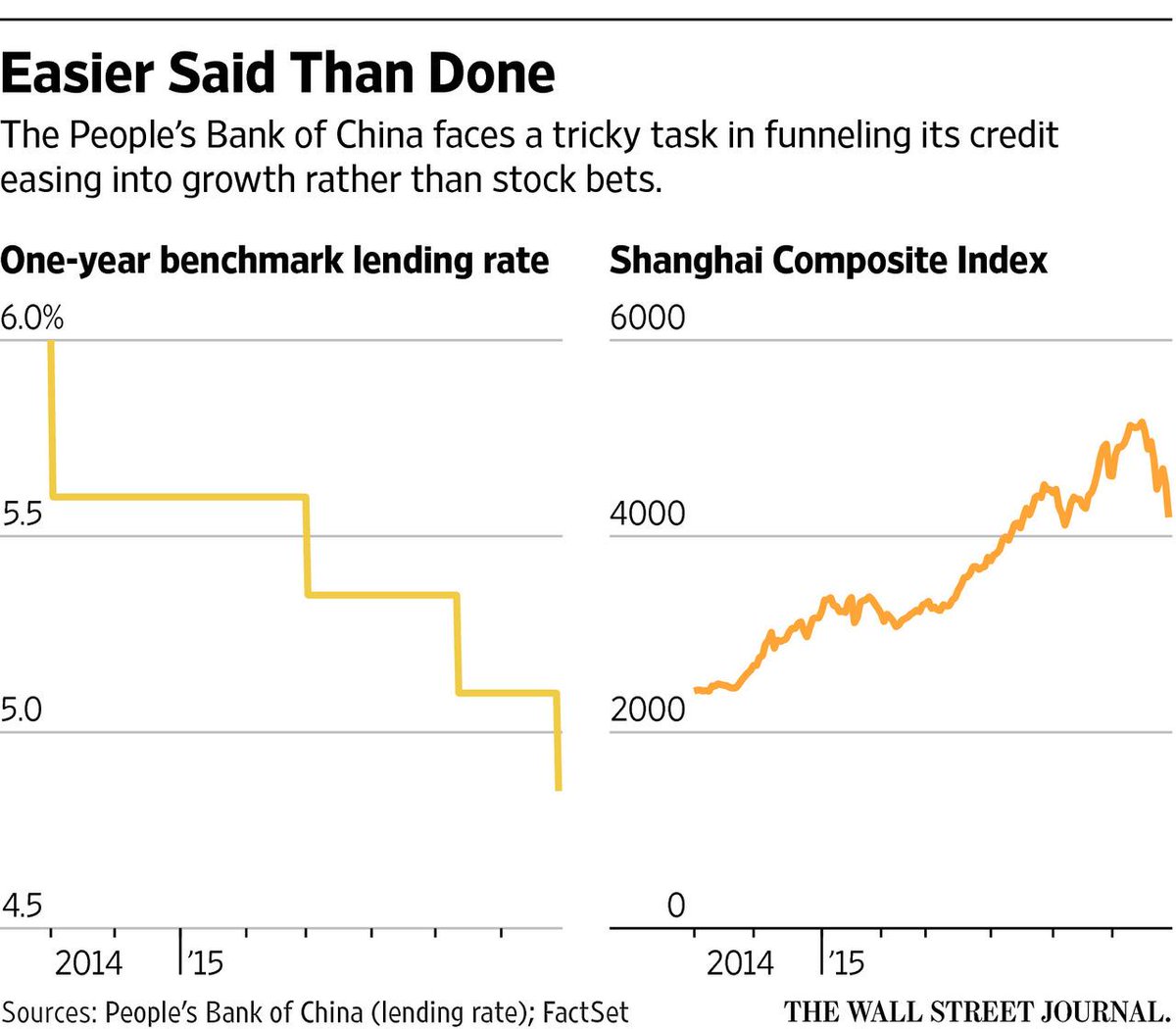"Surprise"

Puerto Rico's debt is nearly half that of California for a population one-tenth the size... (via WSJ)

As we explained previously,
What happens next is unclear: "Puerto Rico, as a commonwealth, does not have the option of bankruptcy. A default on its debts would most likely leave the island, its creditors and its residents in a legal and financial limbo that, like the debt crisis in Greece, could take years to sort out."
So without the "luxury" of default, what is PR to do? Why petition to be allowed to file Chapter 9 naturally: after all everyone is doing it.
García Padilla said that his government could not continue to borrow money to address budget deficits while asking its residents, already struggling with high rates of poverty and crime, to shoulder most of the burden through tax increases and pension cuts. Where have we heard that before...In Washington, the García Padilla administration has been pushing for a bill that would allow the island’s public corporations, like its electrical power authority and water agency, to declare bankruptcy. Of Puerto Rico’s $72 billion in bonds, roughly $25 billion were issued by the public corporations.
Some officials and advisers say Congress needs to go further and permit Puerto Rico’s central government to file for bankruptcy — or risk chaos.
“There are way too many creditors and way too many kinds of debt,” Mr. Rhodes said in an interview. “They need Chapter 9 for the whole commonwealth.”
And the punchline:He said creditors must now “share the sacrifices” that he has imposed on the island’s residents.
“If they don’t come to the table, it will be bad for them,” said Mr. García Padilla, who plans to speak about the fiscal crisis in a televised address to Puerto Rico residents on Monday evening. “What will happen is that our economy will get into a worse situation and we’ll have less money to pay them. They will be shooting themselves in the foot.”
And this one: any deal with hedge funds, who are desperate to inject more capital in PR so they can avoid writing down their bond exposure in case of a default, "would only postpone Puerto Rico’s inevitable reckoning. “It will kick the can,” Mr. García Padilla said. “I am not kicking the can.”“My administration is doing everything not to default,” Mr. García Padilla said. “But we have to make the economy grow,” he added. “If not, we will be in a death spiral.”
We wonder how long before Tsipras, who earlier was quoting FDR, steals this line too.
And speaking of Prexit, how long before Puerto Rico exits the Dollarzone... and will there be a Preferendum first or will the governor, in his can kick-less stampede, just make a unilateral decision to join Greece, Ukraine, Venezuela and countless other soon to be broke countries in the twilight zone of Keynesian sovereign failures?




 I
was hoping that FXI would open higher this morning and we’d have a
chance to double down at a lower price after China announced over the
weekend after China cut both the lending rate by 0.25% AND lowered the
reserve requirements for banks by 0.25%, effectively doubling their
usual bi-weekly $85Bn cash injection in an attempt to stop the 20% slide
in their indexes. It worked – for about 30 minutes, as the Chinese
markets opened up 4% but, over the course of the session, they plunged
back to new lows, ending down about 3% for the day, 7% down from the
open in another disastrous session.
I
was hoping that FXI would open higher this morning and we’d have a
chance to double down at a lower price after China announced over the
weekend after China cut both the lending rate by 0.25% AND lowered the
reserve requirements for banks by 0.25%, effectively doubling their
usual bi-weekly $85Bn cash injection in an attempt to stop the 20% slide
in their indexes. It worked – for about 30 minutes, as the Chinese
markets opened up 4% but, over the course of the session, they plunged
back to new lows, ending down about 3% for the day, 7% down from the
open in another disastrous session.
 Hmm,
I wonder if we can think of any other countries where the Central Banks
have been eager to maintain a bull market by dumping FREE MONEY on the
investing class? I know I sound like a real party-pooper when I keep
hammering on those boring old Fundamentals but, in the end, we do have
to face reality. Printing money and handing it to Corporations and the
Top 1% who own them does NOTHING for the real economy.
Hmm,
I wonder if we can think of any other countries where the Central Banks
have been eager to maintain a bull market by dumping FREE MONEY on the
investing class? I know I sound like a real party-pooper when I keep
hammering on those boring old Fundamentals but, in the end, we do have
to face reality. Printing money and handing it to Corporations and the
Top 1% who own them does NOTHING for the real economy.
 And don’t forget the margin debt (
And don’t forget the margin debt (